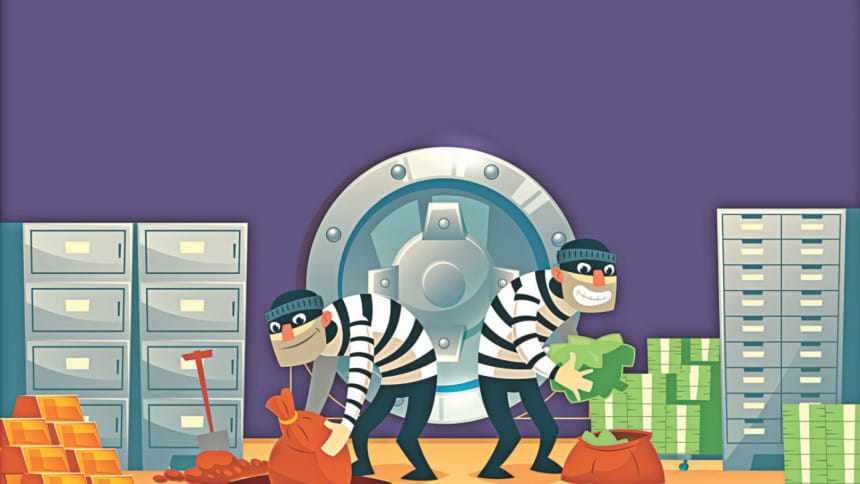You are losing money every month

Although this article was mainly written for students (as you might assume from the research I will present), it will prove to be more beneficial for young professionals. I assure you this is not click bait. You are actually losing money every month.
How so?
If you have ever taken a macroeconomics course, you might have come across the term 'inflation', which refers to the general decrease in the purchasing value of money with an increase in prices. Bangladesh's annual inflation rate is roughly 6%. This means, 10 years from now, the BDT 1000 note that you kept in the drawer beside your bed will have a purchasing power amounting to a present value of BDT 538.
Congrats, you just lost 46.2% of your money in 10 years, not because you did something foolish but because you didn't do anything at all.
This is more common than you think
Is this what is really happening? To answer the question, I did a rough research survey on the income of high-earning undergraduate students in DU and BUET in Bangladesh. Here is what I found out:
On average, these students claimed to save roughly BDT 74,500 per year and 83.33% of those students kept the money at their homes or claimed to waste it somehow.
This means 83.33% of those students after 10 years will have lost BDT 34,500 out of 1 year's income, which adds up to BDT 3,45,000 in the span of 10 years, provided that they save at the same rate.
They are losing at least 3.4 lakh taka in just 10 years, by not doing anything. Chances are you are losing similar amounts.
Note: I am assuming that income and savings will increase over time and have put that into calculation. Remember this example since it will be referred to multiple times during the course of this article.
A way to stop this
Well, you can save that money in a bank via savings accounts. However, you will still lose money. Banks on average provide interest rates of around 3% in Bangladesh. So, subtract that from the inflation and thus, from previous example, you are still losing at least BDT 2,00,000 in 10 years.
A better way to stop this
Put your money as fixed deposits in banks. Banks in Bangladesh provide rates of around 6%-10% for 1-year deposits. This means instead of losing at least BDT 3,00,000 in 10 years by not doing anything, you can be earning as high as BDT 11,00,000 by spending a few hours every year to set up your fixed deposits. However, what if I told you there is a better way?
The best way to stop this
You will notice that there is one thing in common for almost every rich person on this planet, and that is, almost all of them invest in stocks. Why?
Well, let's look at the Dhaka Stock Exchange (DSEX) for example. Since its inception, DSEX has been providing returns of around 9% on average (including dividends). However, it can go upto 16% during a good year. Good investors generate similar returns almost every year. This implies instead of losing at least BDT 3,00,000 you will be earning roughly BDT 25,00,000 in 10 years if you are a sound personal investor.
Now you might be thinking, isn't the stock market super risky? Doesn't stock investing take a lot of time? Isn't it super hard to be a good investor? Finally, even if I decide to invest, isn't the process super complex? How do I even get started?
These are all myths and I will provide the right answers on my next article as well as a step-by-step guide on how you can start. Stay updated. If you want to make this financial journey with your friends, let them know about this. The journey is always more exciting with people you care about.
Disclaimer: The data presented is meant to provide a general idea on the concepts explored, is based on loose rough approximations and shouldn't be confused as standard academic/market data.
Seeam Shahid Noor is a 2nd year student at Harvard University studying Applied Mathematics and is passionate about inspiring professional development in communities around him. Email him at [email protected] to express opinions, requests and compliments.

 For all latest news, follow The Daily Star's Google News channel.
For all latest news, follow The Daily Star's Google News channel. 



Comments